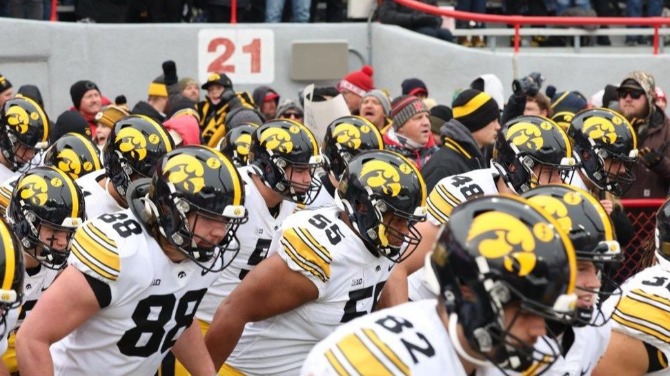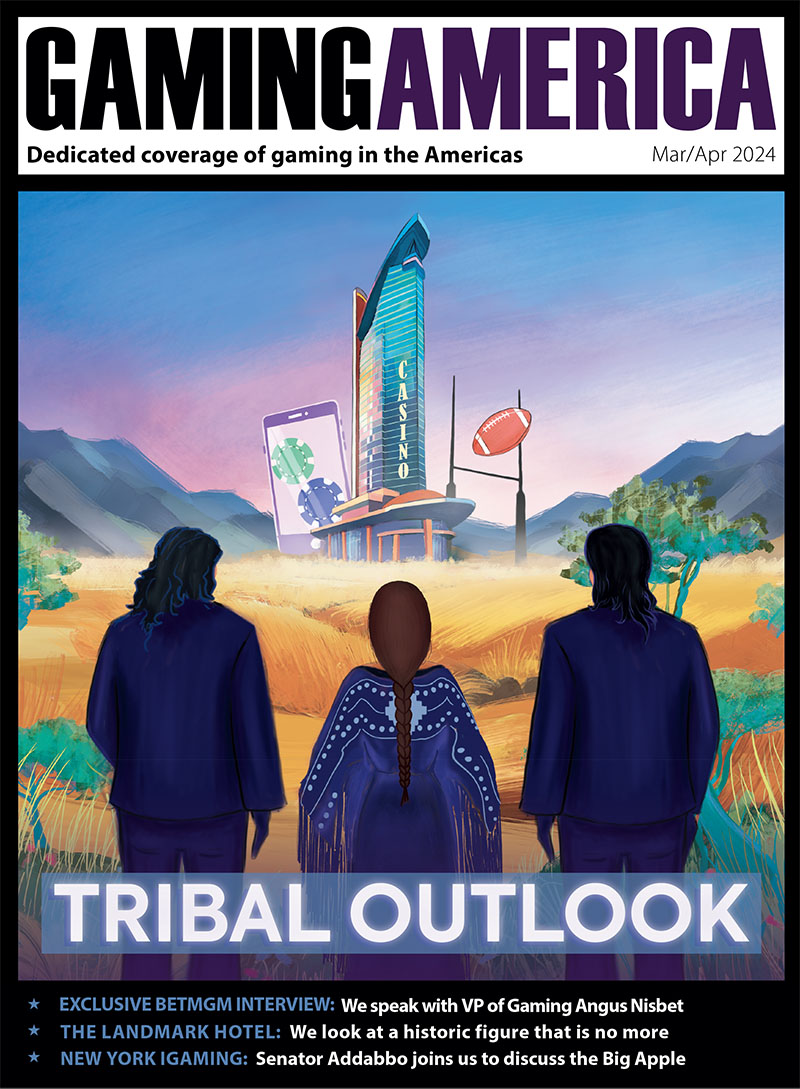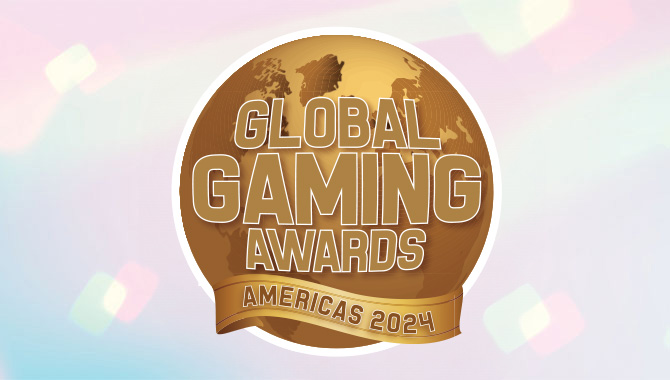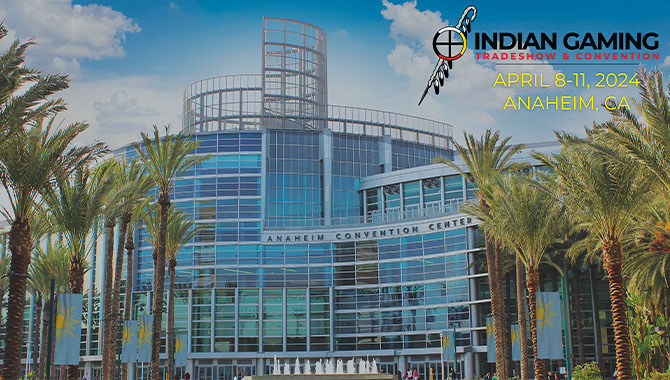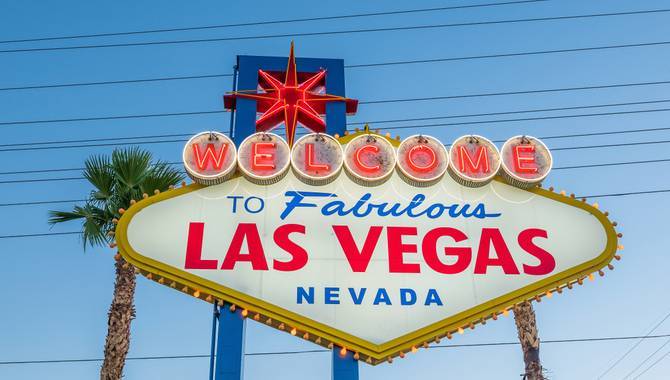
Strobe lights flash and the music pulses throughout the room. Eager men and women dressed sharply flood the dancefloor as the DJ spins another series of beats. Revelers pop their cash or credit cards out for another pricey cocktail or maybe bottle service – with that tab for the Grey Goose or Don Julio running as high as several hundreds of dollars.
This type of nightclub party scene has meant big bucks for the Las Vegas casino industry in recent years. Carefree young partiers looking to spend have been cash cows, with the clubs helping to drive profits. The feasibility of that concept took a hit in November however, when it was announced Kaos Nightclub and Dayclub at the Palms Casino and Resort would be closing.
The shuttering of the 73,000-sq.ft. indoor-outdoor venue caught many in the industry by surprise. Red Rock Resorts, the owner of the property, and Station Casinos, shelled out millions of dollars in renovation and talent contracts with top-level DJs, only to announce the club was a major factor in a third-quarter loss of almost $27m.
The big question now: Is this a sign of things to come?
Megaclubs have been part of the Las Vegas scene for two decades now. Massive, cavernous venues kept a younger crowd circulating through the doors. They were willing to pay top dollar for a dream night out. Kaos offered the outdoor-indoor nightclub and dayclub concept with everything tied together. The pool at the property was even closed for renovation for the whole summer in 2018.
But with the closing, as well as Hyde at Bellagio and Intrigue at Wynn, many are wondering if it’s closing time for the megaclub fad. Analysts quickly downgraded Red Rock’s stock after the announcement. Rolling Stone noted the club had signed DJ Marshmello to a two-year, $60m residency, and the company listed high talent costs as one of the reasons the club was unprofitable.
“It’s obvious the nightclub environment in Vegas is extremely competitive,” Station Casinos CEO Frank Fertitta III said during a call to investors. “It doesn’t appear that the market has grown enough for the amount of supply in the market. The cost of entertainment is excessively high, and we just made the decision to focus where the fish are and acknowledge that the nightclub business, at least at the Palms, was not working for us.”
Anthony Curtis, longtime publisher of the Las Vegas Advisor newsletter and website, has observed the city’s casino and entertainment industry for years. The closing was unexpected and caused a stir in Las Vegas.
“The closing is a bombshell, for sure,” he tells Gaming America. “Nobody expected this. They hired some big names and had a gigantic opening and it just fell flat. It just didn’t work. The reasons for that, I think, are multiple.”
Some of those reasons may be property-specific. The Palmsopened in 2001 and quickly became a Las Vegas hotspot. The casino was owned by the Maloof family, the former owners of the Sacramento Kings NBA franchise. Red Rock purchased the property in 2016 and the property’s shine and coolness may have quickly worn off.
Many industry analysts were skeptical of Red Rock’s recent $690m renovation of the property. Curtis says Palms was impacted by management changes and has been seen as a lower-tier property in recent years since the Maloof brothers sold. It’s also in a difficult location off the Strip for Kaos to compete with other clubs and already faced stiff competition. Another problem may have been the Palms didn’t have enough hotel rooms for such a massive club. A lack of hotel space and foot traffic may have created significant hurdles Kaos couldn’t overcome.
Changing directions and changing generations
On a broader spectrum however, Kaos’ failure may also have to do with the transition of Las Vegas entertainment. Curtis says the nightclub scene has seen a “changing of the guard” in terms of megaclubs becoming a bit passé as smaller, more intimate clubs and nightspots become the new trend.
Smaller music spots like On the Record at Park MGM have been able to find a niche with fewer sq. ft. and unique concepts. This club offers a speakeasy experience inspired by an old-time record store. The Barbershop at Cosmopolitan offers a prohibition-style whiskey bar feel, offering “cuts and cocktails” in a laid-back environment. These types of venues have found success catering to a different segment of the nightlife market. Other venues like Topgolf may have also infringed on the megaclubs’ consumer market.
Beyond some of those reasons, a generational shift may be in the works and leaving the megaclubs behind. “For two decades, the 20- and 30-somethings were saving their money all year to come out with three or four friends and go out one night clubbing and buy a couple of bottles of booze for three or four grand,” Curtis says. “I think maybe that group has grown out of it and you’ve got a new group moving in a different direction.”
That changing direction could mean more clubs close. With several new casinos planned in Las Vegas, including the northern end of the Strip, Kaos could serve as a cautionary tale. “It’s not like they’re going away tomorrow,” Curtis notes. “But they’ve been hot for two decades and I think we’re starting to see things change a little bit with a shift to smaller venues. Megaclubs aren’t completely off the table, but I don’t think you’re going to see them popping up at every casino.”
An industry in transition
Entertainment can be a fickle business. Changes in musical tastes can happen quickly and may also be playing a role in the trend toward smaller venues. In recent years, celebrity DJs could make tens of thousands of dollars (sometimes more) for spinning EDM (electronic dance music), which features a series of beats segueing from one electronic sound to the next. Like the dance club scene itself, that appears to be changing.
“People are sick of the DJs in Vegas,” Victor Drai told the New York Post in 2016. His nightclub - Drai’s - at the Cromwell Hotel and Casino on the Strip, has focused on live music since opening in 2014. “It’s ridiculous to have the same five or six guys, pay them a fortune and lose money," he said. "It will reach a point where DJs are totally irrelevant.”
Drai may have been seeing the future and that appears to be what’s happening. Las Vegas journalist and club industry insider Melinda Sheckells says the changing club scene is partly due to that shift from EDM to a more open format crowd – meaning music lovers are more interested in random selections of songs and sounds.
“When you had a higher concentration of EDM artists, you were really selling around a DJ-type performance and the clubs changed as a result of that,” she says. “They changed their seating structure, they changed their pricing structure, they changed the talent they brought in and what they had to pay talent, because that was so popular at the time that there was a premium on everything.”
Sheckells notes that along with a shift in taste music-wise, there is also an overabundance of other entertainment options now in Las Vegas. In the last couple of decades, properties have shifted away from the “cheap stay and good gamble” mentality to make the city more of an entertainment mecca. Resorts now derives much of its revenue from options away from the blackjack tables and slot machines.
Throw in the Vegas Golden Knights NHL team, which launched in 2017, the Oakland Raiders NFL team beginning in 2020, and a growing number of mega-sportsbooks, and the club scene may just be feeling the pinch of so many options chasing entertainment dollars. Las Vegas visitors are now just simply looking for more diversified entertainment options.
“Everything has a saturation point,” Sheckells says. “The nightclub has really reached a saturation point and I think for there to be another major player, you’re going to get a space that blends food and entertainment in a new way – it’s evolution.”
Sean Chaffin is a freelance writer in Crandall, Texas, and senior writer for Casino Player and Strictly Slots magazines. His work appears in numerous websites and publications. Follow him on Twitter @PokerTraditions or email him at [email protected] for story assignments.

